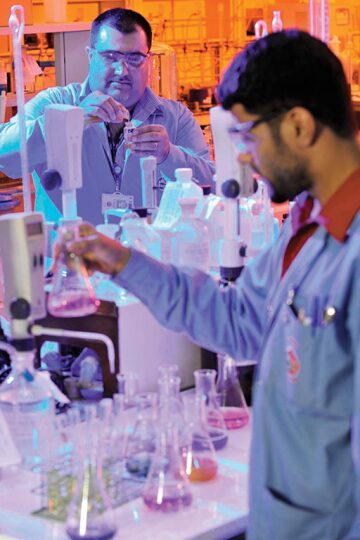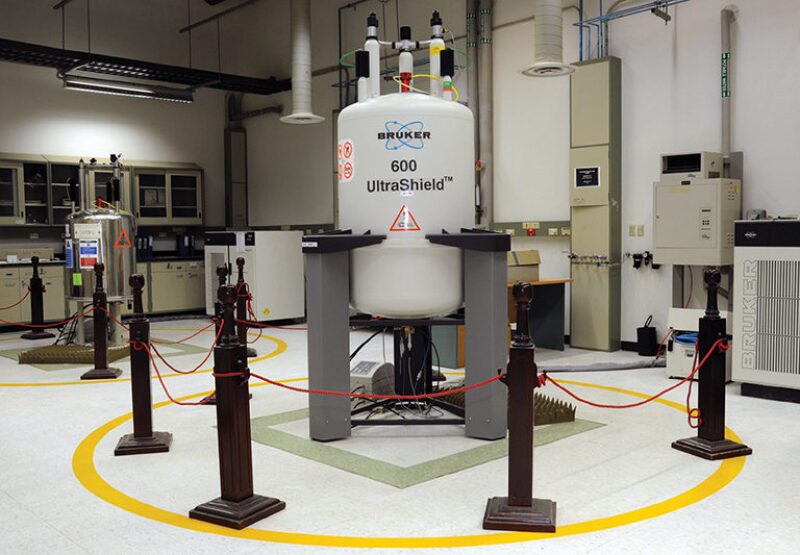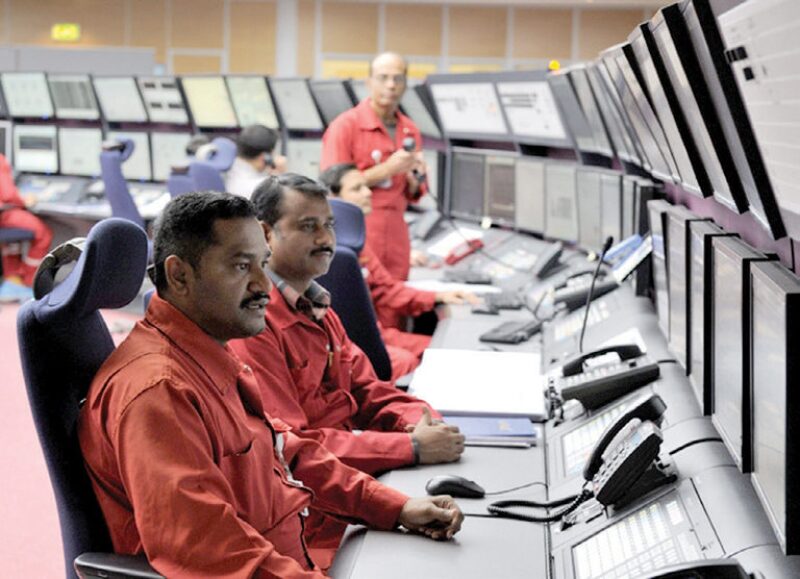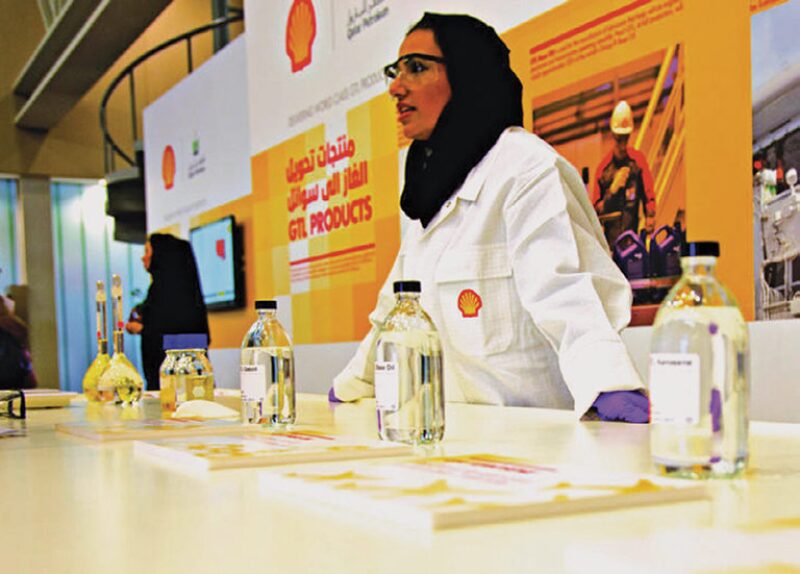Innovation and R&D have become top priorities for governments in the Middle East, mainly in the Gulf region. Qatar is striving to take the lead in this domain and has unveiled an ambitious plan to become the region’s energy R&D center now that it has completed a massive liquefied natural gas (LNG) production upgrade as part of its strategy to monetize its vast gas reserves.
Qatar’s plan to establish itself as a center of energy R&D is in line with its National Vision 2030, which aims to transform the nation from a hydrocarbon-based economy into a knowledge economy.
“R&D and technology have been at the heart of Qatar’s energy sector for many years, allowing it to unlock and commercialize the North Field’s vast gas reserves, and grow the country into the world’s largest LNG exporter,” said Hamad Rashid Al Mohannadi, chief executive officer of RasGas Company and chairman of the Board of Regents at Qatar University. He spoke recently at the Gulf Intelligence Qatar Energy R&D Forum in Doha in a presentation titled, “Qatar Energy R&D Next Steps—Moving from the Theoretical to the Specific.”
“Going forward, they will continue to play an important role in ensuring the sustainability of our industry, whose economic support underpins the ambitious Qatar National Vision 2030,” he said. “Qatar is blessed with a number of rooted establishments that enjoy strong financial backing to help set the direction for and facilitate these R&D and technology efforts. Our focus today should be on collaborating to effectively and efficiently address the grand challenges of energy, water, and cybersecurity.”
Faisal Alsuwaidi, president of research and development at the Qatar Foundation for Education, Science, and Community Development, said that Qatar energy officials have identified 72 objectives for a research agenda, “all of them with targets for sustainable development to improve the quality of life.”
Qatar has allocated 2.8% of its gross domestic product annually since 2006 to promote research, technology, and innovation.
With the country’s near-term R&D focus on the areas of energy security, water security, and cybersecurity, national and international stakeholders from the government, industry, and academia have been meeting to align their strategies to address these “grand challenges.”

Qatar Petroleum recently opened a research and technology center in the Qatar Science and Technology Park (QSTP). The center will focus on R&D needs for existing and new business opportunities. It is also designed to initiate, lead, and support initiatives toward acquisition, development, and retention of new knowledge that will deepen and broaden the technical capabilities of the company.
“The center’s current research and development priorities focus on activities and technologies that secure sustainability in the upstream activities of oil and gas operations,” said Mohamed bin Saleh Al-Sada, Qatar’s minister of energy and industry. “This covers production optimization, safe and efficient operations, asset integrity preservation, and environmental impact minimization, as well as downstream activities related to natural gas processing and treatment.”
International oil companies are expected to play a role in Qatar’s R&D rise. “With government, industry, and academia working together, we can all invest in tomorrow’s advanced technologies, and I can confidently say Qatar provides a prime example of R&D, innovation, and collaboration in action,” Bart Cahir, president and general manager of ExxonMobil Qatar, said at the forum. “We have been able to make full use of Qatar’s collaborative environment as we progress research efforts that are coordinated with vested stakeholders within the state of Qatar, including the Ministry of Environment and the Ministry of Municipality and Urban Planning.”
ExxonMobil scientists are currently investigating water treatment technologies that allow for the beneficial reuse of treated industrial wastewater in operations. In November, Qatar Shell opened a water laboratory aimed at studying how to improve the efficiency of water treatment technologies.

In January, Maersk Oil launched a digital core laboratory that will support ongoing applied research efforts in enhanced oil recovery (EOR). The laboratory, the first of its kind in the Middle East, will support ongoing applied research particularly in carbonate reservoirs, such as Qatar’s Al Shaheen oil field, one of the most complex in the world. It is part of a 10-year, USD 100 million investment by Maersk in applied research in Qatar focusing on improved oil recovery and EOR and operating in marine environments.
The research also will have applications outside of Qatar, speakers at the forum said. “Our work is focused on the development and implementation of technologies that support Qatar’s specific needs, as well as support Qatar’s role as the world’s largest liquefied natural gas exporter and the gas-to-liquids capital of the world,” said Youssif Saleh, general manager of Qatar Shell Research and Technology Centre in the QSTP. “But while it is important that R&D projects in Qatar take a specific interest in delivering solutions to local needs, it is important to realize that the technology developed and deployed in Qatar can be globally relevant and commercially attractive in the rest of the word as well.”

On Track
A survey of attendees at the forum found that Qatar’s quest toward becoming a global R&D hub has progressed at a satisfactory pace over the past 12 months, but the Gulf state should now focus on further expanding educational capacity and encouraging more private sector engagement as part of its ambitions.

In the survey, 41% of respondents believe that Qatar should place a stronger emphasis on higher education in the short term and launch more PhD programs to advance its R&D plans, while 40% thought it would be most important to implement initiatives aimed at driving more private sector engagement to encourage entrepreneurship and create an innovative environment supportive of R&D. The remainder of respondents expressed the view that a greater emphasis should be placed on developing a regulatory framework that includes provisions for intellectual property rights.

